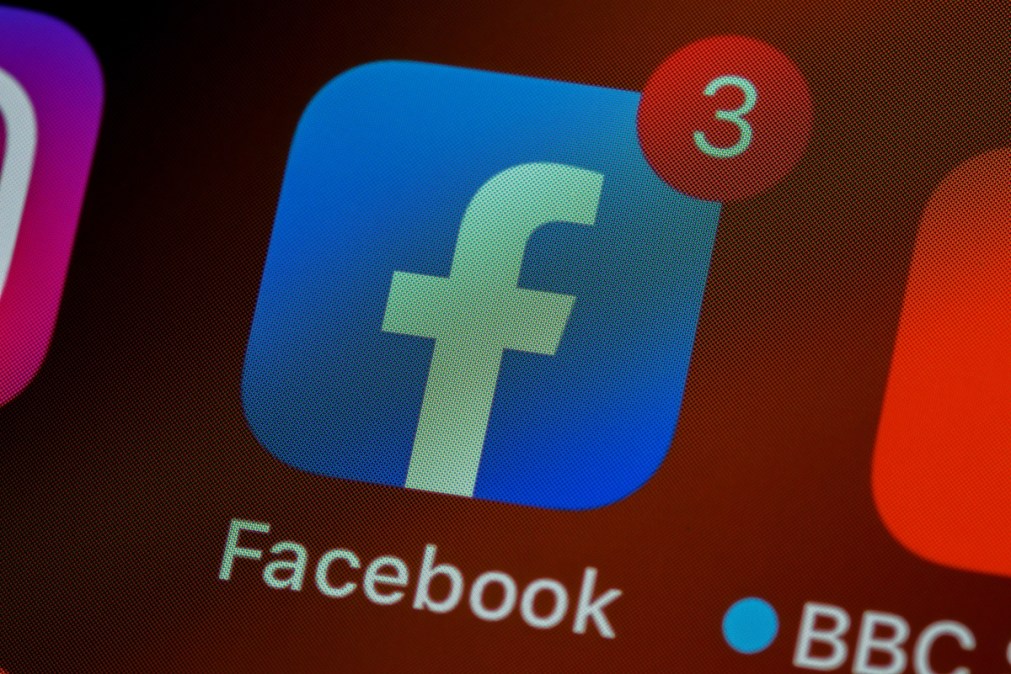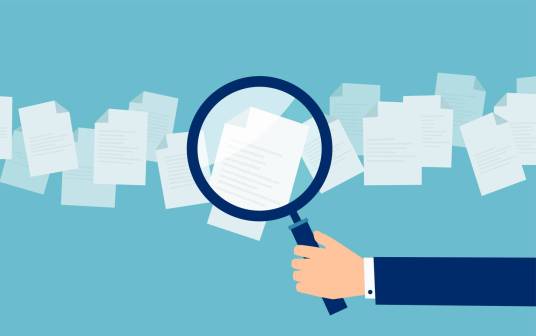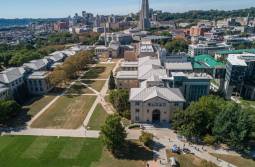Carnegie Mellon using Facebook to collect COVID-19 data

Researchers at Carnegie Mellon University have been using Facebook to conduct more than 13 million COVID-19 surveys to predict the spread of the coronavirus and help public authorities respond to the pandemic, university officials told EdScoop.
Alex Reinhart, an assistant statistics and data science professor at the Pittsburgh school, said that one of the health crisis’ greatest challenges has been accurately forecasting how much and where the virus will spread. But by conducting surveys through Facebook, Reinhart said he and his team have been able to make predictions that inform health officials’ responses and research into the disease.
“It would have been difficult through any other means to get 13 million people to take a 30-something question survey,” Reinhart said. But using Facebook to deliver the survey, Reinhart and his team have collected more than 50,000 responses daily. That’s given researchers enough data to report on the pandemic’s toll on more than 500 of the country’s most populated counties, he said.
The survey, which is promoted in Facebook users’ feeds, asks recipients several questions about whether they or any close contacts are experiencing COVID-19 symptoms. Respondents also answer questions about their social distancing practices, if they are wearing masks, their mental health and their financial situations.
Some of those data sets, including the percentage of people experiencing symptoms, is then aggregated and made publicly available through a COVID-19 map. These county-level data points can be used by health officials to forecast where potential outbreaks might occur and what the risk level of contracting COVID-19 may be, the Reinhart said..
The raw data from the surveys is also made available to several other institutions doing their own research. The Georgia Institute of Technology, for instance, uses some of the data collected by Carnegie Mellon’s survey to run its own COVID-19 forecasts, Reinhart said, as well as several research groups studying topics related to mental health and the pandemic.
“We have a couple of questions asking about anxiety and depression and isolation on the survey,” Reinhart said, “so they’ve been able to use those to study how the isolation and policy measure is affecting mental health.
Concurrently, researchers at University of Maryland have conducted a parallel international survey that includes 100 countries and has collected more than 20 million responses.
Between the surveys conducted by Carnegie Mellon and Maryland, researchers said they hope the data will serve to inform pandemic response and can help people make the decisions necessary to protect public health.




